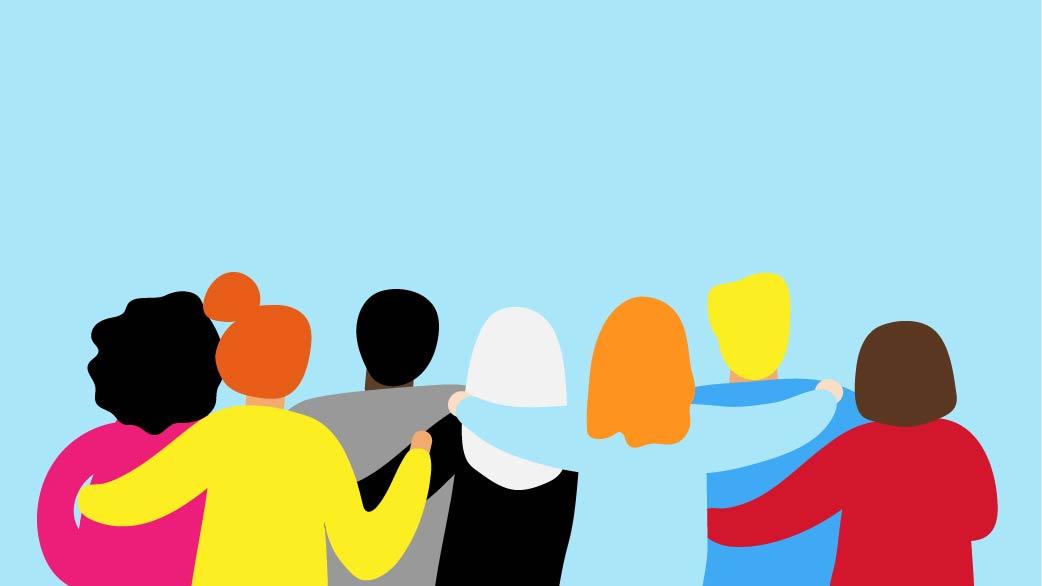Now Available: Findings from a Group Therapy Study with Mass Shooting Survivors
Postdoctoral researcher Laura Captari collaborated with researchers in the US and the UK from multiple disciplines to develop, implement, and assess the efficacy of group therapy practices for mass shooting survivors. It is now available to read in Professional Psychology: Research and Practice. Below is the citation and abstract.
Cowden, R. G., Captari, L. E., Chen, Z. J., De Kock, J. H., and Houghtaling, A. (2021). Effectiveness of an intensive experiential group therapy program in promoting mental health and well-being among mass shooting survivors: A practice-based pilot study. Professional Psychology: Research and Practice, Dec, e1-11. https://doi.org/10.1037/pro0000443
This longitudinal intervention study examines the effectiveness of a six-day residential group experiential therapy program for survivors of mass shootings. The sample consisted of 36 participants (83.33% female; Mage = 41.66, SDage = 22.52) who survived a mass shooting episode in the U.S. Self-reported mental health (i.e., posttraumatic stress disorder [PTSD], depression, and anxiety symptoms), physical health (i.e., sleep disturbance, subjective health complaints), and flourishing were assessed at baseline (T0), end of treatment (T1), one-month follow-up (T2), three-month follow-up (T3), and six-month follow-up (T4). Satisfaction with the treatment was evaluated at T1. After controlling for relevant sociodemographic characteristics, multilevel modeling results revealed significant improvements in PTSD (d = -0.86, p < .001), depression (d = -0.76, p < .001), anxiety (d = -0.89, p < .001), and flourishing (d = 0.52, p = .003) at T1. There was weak evidence in support of an improvement in sleep disturbance from T0 to T1 (d = -0.30, p = .054), and the reduction in subjective health complaints was negligible (d = -0.03, p = .847). Posttreatment gains were largely maintained at T2 through T4, with some fluctuations and further gains evidenced over time. Treatment satisfaction ratings at termination were high. The findings of this practice-based study provide preliminary evidence demonstrating the medium-term effectiveness of a group experiential treatment in promoting the mental health and well-being of mass shooting survivors.
